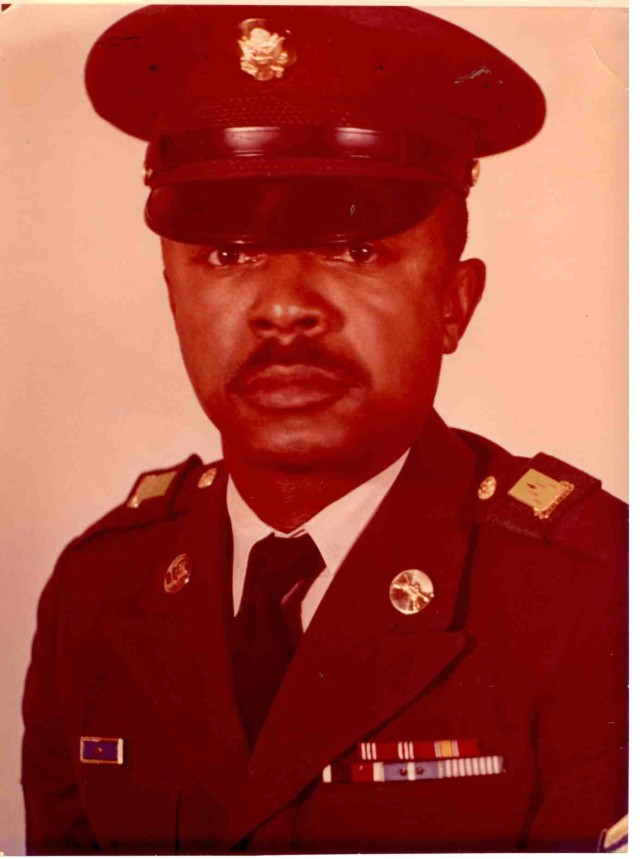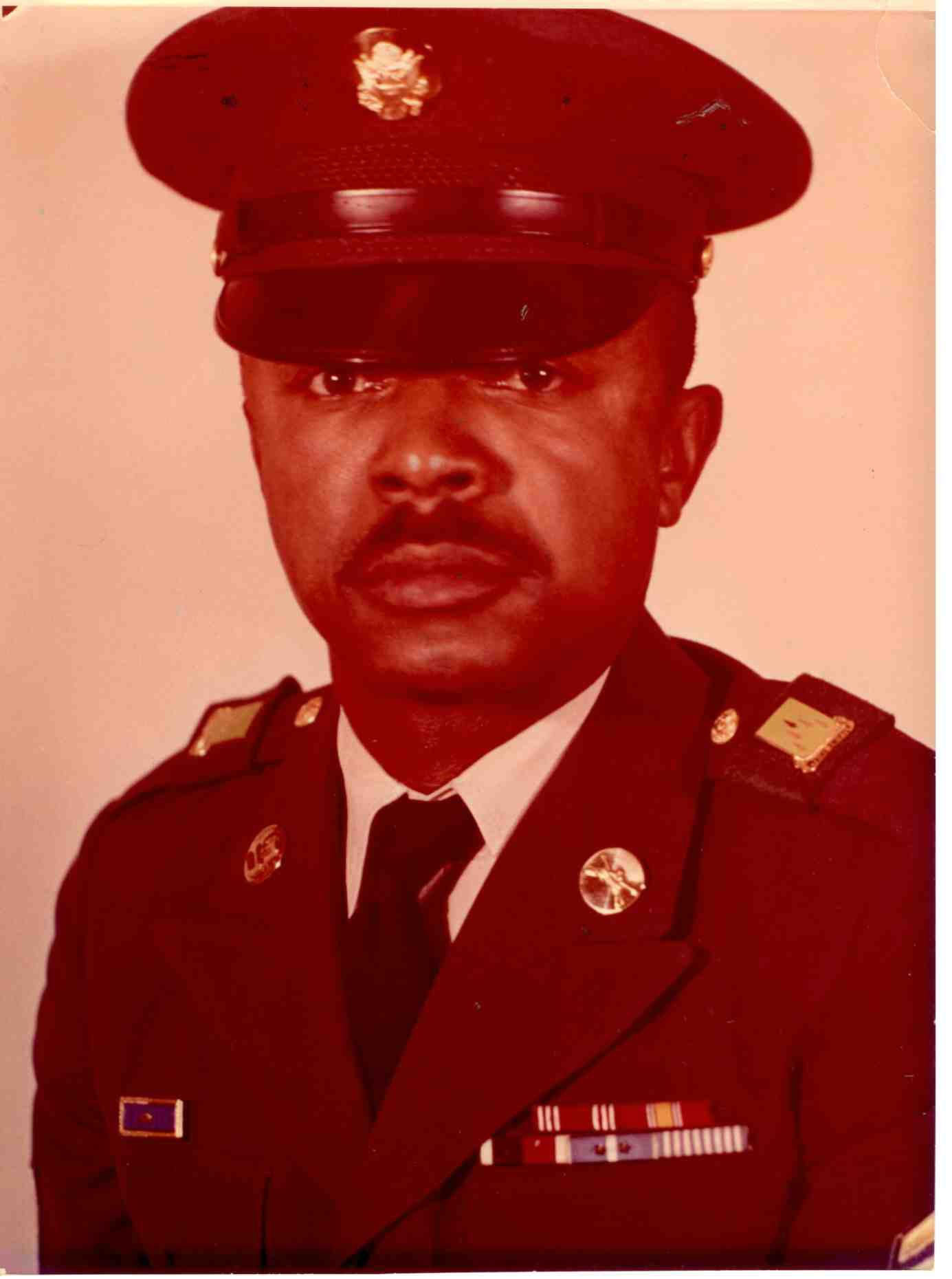Retired Sgt. 1st Class John Keith appears to be the epitome of perseverance.
Keith joined the Army on Nov. 17, 1950, two years after President Harry Truman signed the executive order establishing the President's Committee on Equality of Treatment in the Armed Forces, committing the government to integrating the segregated military.
Although Keith joined an officially integrated Army, units remained unofficially segregated. Keith's first duty assignment was with the 710th Tank Battalion at Fort Campbell, Ky., one of two black tank battalions in the 11th Airborne Division.
"When I got to Fort Campbell I felt a sense of patriotism," recalled Keith.
He had joined the military as an act of rebellion. That rebellion got him shipped off to fight in Korea. While there, Keith was medically evacuated from the war because he had contracted a severe illness.
When Keith returned to the U.S., he was assigned to another all black unit, the 598th Field Artillery in Fort Polk, La.
From there he volunteered to go to Germany, where he was assigned to the 2nd Armored Division.
Once Keith's initial enlistment was over he decided to leave the Army and was honorably discharged in October 1953. He returned to Charleston, S.C. so he could finish what he had started before joining the Army-high school. Keith received $110 from the Veterans Administration and it cost him $10 to attend school.
"I graduated high school with my younger sister. I was 23," he said.
After graduation, Keith made the trek north looking for work. But in 1956 he again heard the call to serve. He rejoined the Army and was stationed at Fort Polk, La., with the 1st Cavalry, 1st Tank Battalion, 1st Armored Division.
Keith was promoted to specialist third class, and attended the Armored Advance noncommissioned Officer Course.
"I was a tank commander," explained Keith.
Although times had changed in the Army, and more opportunities were available for African Americans, Keith said he still had to overcome adversity, and there were hard times.
"Racism was prevalent," Keith said.
Even though Keith sometimes encountered problems because of his race, the Army furnished him with the opportunity to succeed and prosper. He was often given responsibilities that exceeded his rank. When others were allowed to attend school, Keith's superiors often told him that he was needed where he was, and that his expertise would be lost if he went to school. While stationed at Fort Polk, Keith was promoted to sergeant. From there he went back to Germany and served as the tank commander in the 37th Tank Battalion, 4th Armored Division in Crailsheim.
Keith later attended Drill Sergeant School. At 39, he was the oldest.
He stayed on the trail from 1971-1976, and was recognized as an outstanding drill sergeant.
When he left the trail and was assigned again to Germany, he established a church there that ministered to young Soldiers.
Keith returned to Fort Knox in 1979, and knew it was time to hang up his boots. He retired as a sergeant first class with 26 years, 11 months, and 22 days.
"I had a good time," explained Keith.
Although he was retired, Fort Knox was never far from his mind and heart. He worked as a civilian employee on post and retired from that job in 1998 to devote more time to his ministry. But Keith wasn't destined to say good-bye to Fort Knox.
"One day I was coming from exercising," Keith recalled. "I went to the employment office and saw a job announcement for a (scout) instructor. I was a (tank instructor)."
Initially, because Keith had little experience working as a scout instructor, he relied on his coworkers to assist him with his shortcomings.
"They helped me out," he said proudly. "I call them my band of brothers."
As an instructor, Keith helps groom the next generation of Soldiers. He said he shares his experiences on how the Army has changed in the last 58 years. He said that he stresses the importance of education and the privilege of serving.
"These fellows have the opportunity for an education. The opportunity is there, why not take it'" Keith said. "It makes me icky when they don't take advantage of opportunities.
"I tell them I'm Mr. Keith and I'm from South Carolina. If you can't spend three years honorably for your country then something is wrong with you. Pull up your bootstraps and be a man." A-A A(R)


Social Sharing